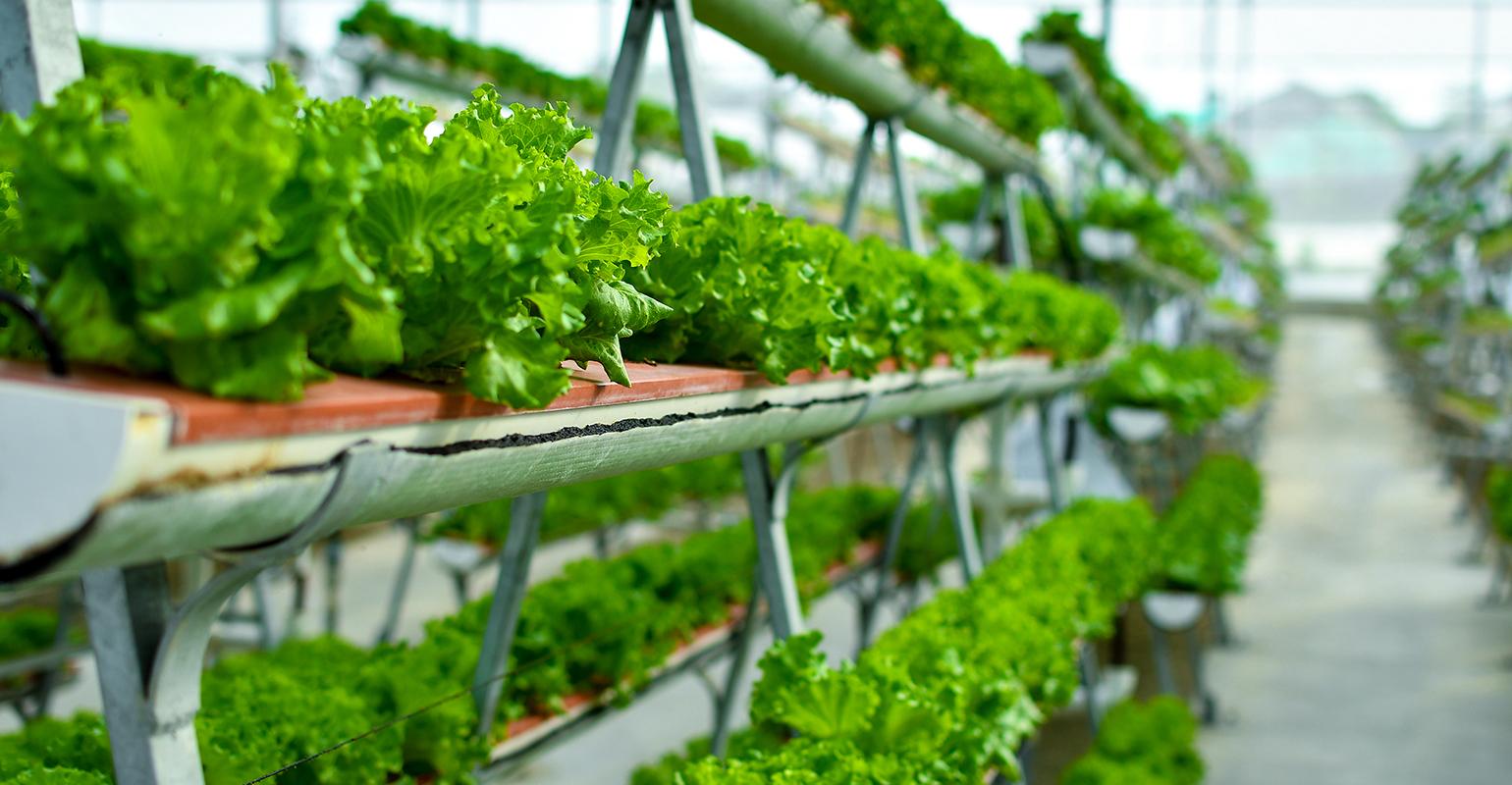20th Century saw much of improvement in agriculture. Th overall and per hectare production of almost all the crops increased drastically. This was on account of increased use mainly of chemical fertilizers, herbicides, weedicides and high yield varieties. This led to green revolution. Everything looked like a dream came true.
However post few decades of increased production, the negatives started to crop up. Increased water use reduced water availability. More chemicals used into farming started to show bioaccumulation through food. Land degradation increased and slowly the crop production peak is receding. To deal with this Organic Farming is promoted as one good solution.
What is Organic Farming?
Organic Farming involves use of naturally occurring fertilizers, weedicides and herbicides available locally, relying on crop rotation, intercropping methods to increase crop yield and maintain soil productivity. It avoids using chemicals in agriculture. It lays stress on ecological balance and sustainability. It aims to provide toxin and pesticide free food at low cost without harming the ecology.
Getting natural inputs in rural area is comparatively easy as compared to urban areas. In urban areas there is very less space available to farm and it is becoming difficult t ascertain that the food in market is coming from organic farming. Let’s look at some of the ways to go as organic as possible in urban areas.
Backyard Organic Farming
If you have a small garden or backyard, you can grow vegetables and some crops in it. Use of kitchen waste and garden foliage can be used as fertilizer input. Pea peels and peels of fruits can be used as good mulch. Small space like even 10sq. meter can be utilized. Compliment these plants with poultry or rabbits or ducks.

Vertical Farming
Having a small space with a good sunlight availability is suitable for vertical farming. Vertical Farming is growing crops in stacked layers. It reduces water requirement and also prevents much of soil loss simultaneously giving higher production.

Farming without Soil
This seems odd generally and hard to image soilless farm. But techniques such as hydroponics, Aquaponics use nutrition medium instead of soil to provide supplement to plants. This can be used to grow vegetables organically.

Terrace/window/balcony gardening
Growing vegetables and small fruit vegetable such as tomato, potato in pots can be done on terrace or in balcony. The cooking waste such as vegetable wastage or onion peeling waste or other wet wastage can be used as fertilizer. One can even make a small tray to compost them. Daily cleaning can reduce possibility of pest and insect attack. Weed control is very easy at small scale. Use of grafting can be done to obtain variety in small space. This will give you assured organic products that will satisfy you.

Shop at farm gate
If you are living in fringe area of city, you can go little outside the city and fetch the vegetables and grains at farm door. You can see whether farming is done organically or not. Also you will get fresh vegetables at cheaper cost.
At the end you can support the organic farming business by investing in them. It will finally benefit you only. Small habits like avoiding buying nonorganic even if it is cheaper will incentivize the organic farmers. It can be difficult to go organic at first but not impossible.


You must be logged in to post a comment.